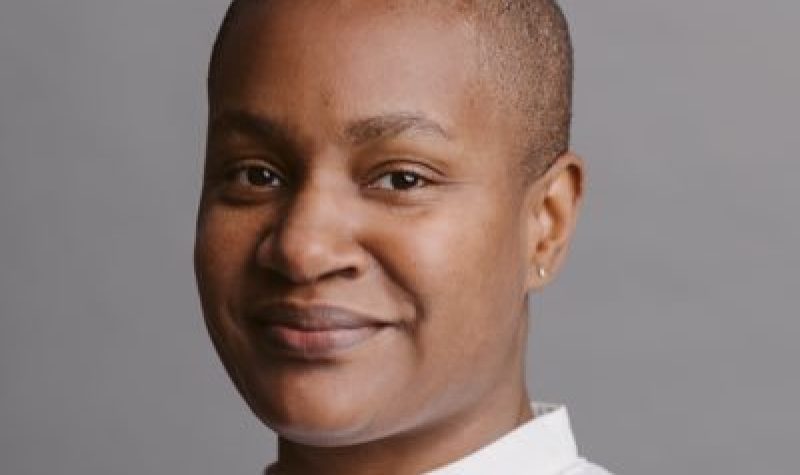There was initial enthusiam for Annamie Paul's ascend to the leadership of the federal Green Party in the summer of 2020. She was viewed as a new, progressive voice, a leader who would inherit the party's momentum built up during the 13-year leadership of Elizabeth May.
Paul became the first Black and Jewish woman to lead a party, and her background as a scholar, lawyer and familiarity with other global Green parties were noted as her strengths.
During the October 2020 byelection, Paul challenged for the Liberal stronghold of Toronto Centre. She finished in a close second to the Liberals’ Marci Ien, who replaced outgoing finance minister Bill Morneau.
The momentum was expected to be carried over to an upcoming federal election and there was speculation that Paul had a chance to unseat the Liberals in the downtown core for the first time in over 30 years.
However, her time as leader was affected by party infighting, distrust with the party council, funding issues and persistent calls for her resignation as non-confidence votes loomed.
Paul said much of the resistance to her leadership were fueled by sexism and racism, and media reports on the party’s disunity reduced support, who saw a party delve into issues they felt deviated from the party line.
Public statements on Israeli-Palestinian conflicts led to a further rift within the party, leading to a Green MP to cross the floor to the Liberals.
Despite the predicament, Paul was determined to lead the party into the next election.
She was a focal point during the party leaders’ debateand continued to campaign heavily with limited funding and a reduced staff.
Paul campaigned almost exclusively in Toronto Centre, hoping to maintain her base in the riding and build on her byelection results.
However, Marci Ien was re-elected, with more than 52 per cent of the vote. Paul finished in a distant fourth place with eight per cent.
Days later on Sept. 27, she held a public press conference to announce her intent to resign as party leader.
"When I was elected into this role, I broke a glass ceiling," Paul said to the crowd. "I didn't realize that when I did, the shards would fall on my head, leaving a trail of broken glass that I would have to crawl over."
Paul tweeted that she sent her formal notice to resign as leader, and to officially end her membership with the Green Party.
The tweet remains Paul’s only recent social media post to date, with no other details to outline what is next for the former party leader.
Listen to the CJRU year in review segment here:


